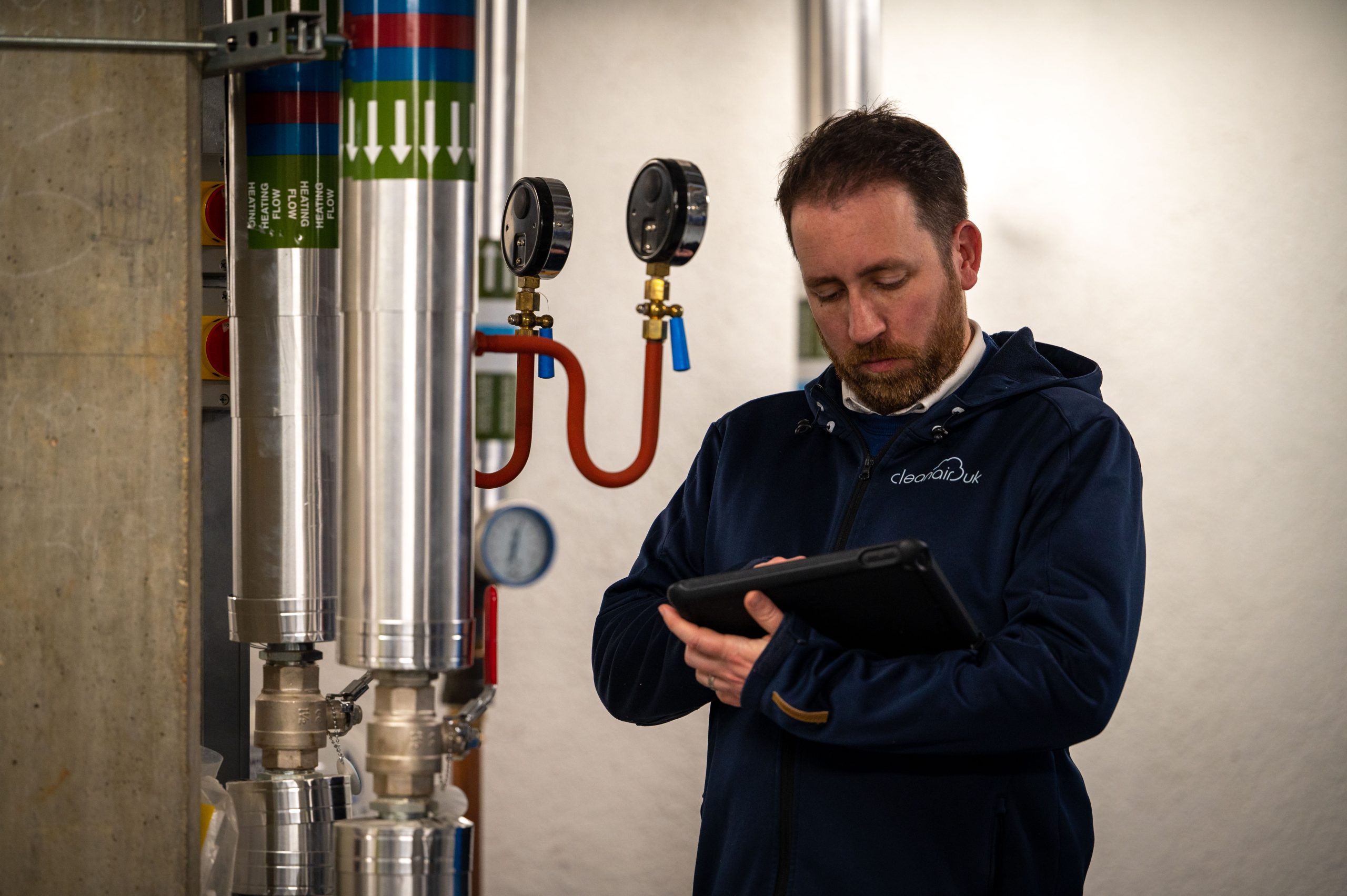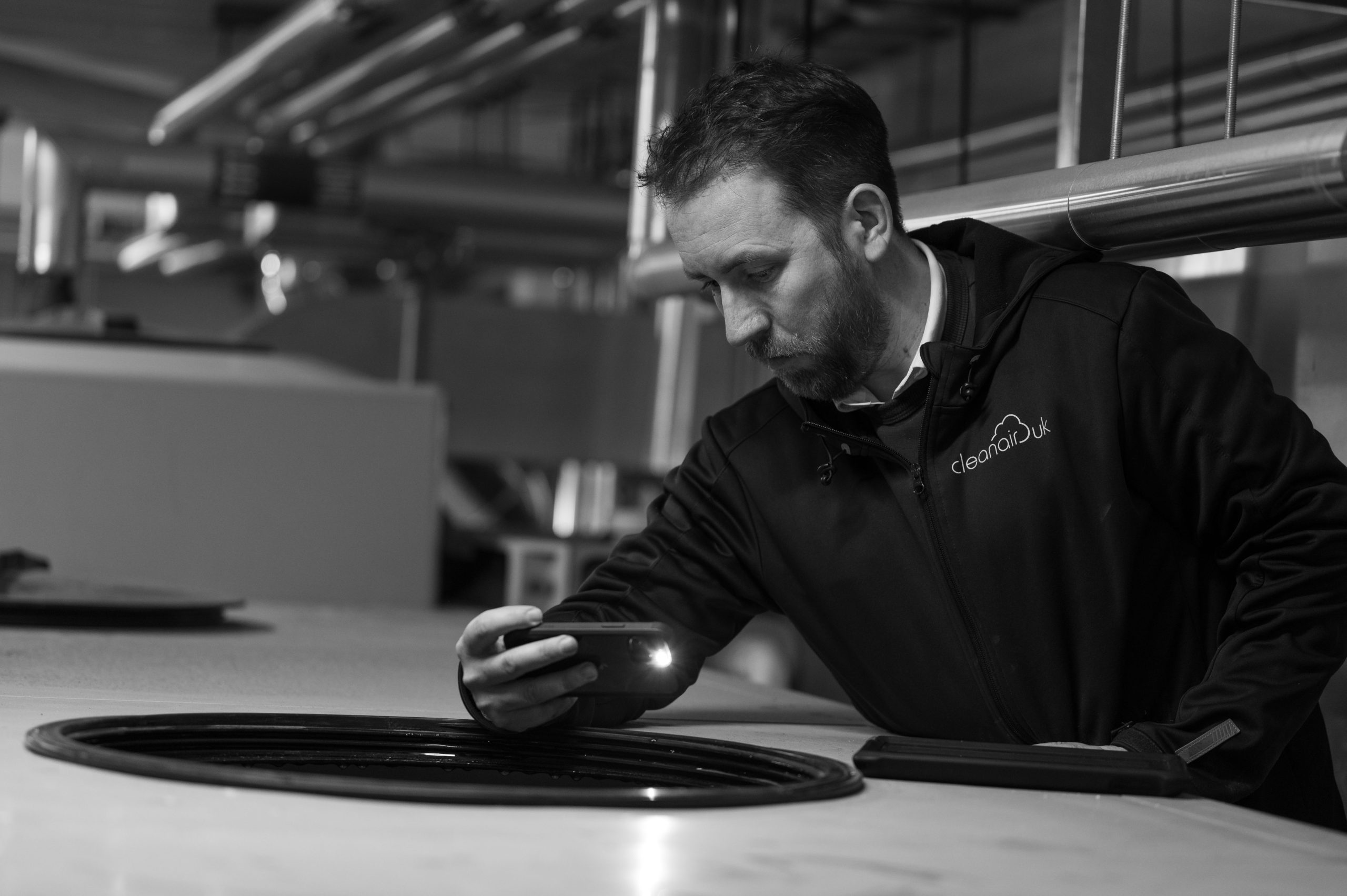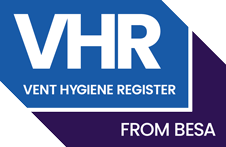A huge thank you to the staff at CleanAir UK who have done the most fantastic job cleaning our kitchen this year. They were prompt, polite, helpful, friendly and amazingly efficient. The kitchen is sparkling and we are thrilled with the results. We will definitely be asking them back next year…
We carry out our Legionella Risk Assessments in Tunbridge Wells in accordance with ACoP L8.
Legionella bacteria is known to cause a string of pneumonia-like illnesses including legionnaires’ disease. This disease can be fatal and has the potential to affect anyone. Some conditions increase the risk of contracting the disease:
- people over 45 years old
- heavy drinkers and smokers
- people suffering from chronic respiratory diseases
- people who have kidney illnesses
- people with compromised immune systems
Low numbers of Legionella pneumophila can be found in natural water systems like rivers, lakes and reservoirs. In some cases, they can also be found in purpose-built systems like cooling towers, whirlpool spas and evaporative condensers.
The risk of legionnaires’ disease increases when conditions are favorable for the bacteria. To mitigate this risk, measures outlined in Legionnaires’ disease – The Control of Legionella bacteria in water systems (L8) should be followed.




